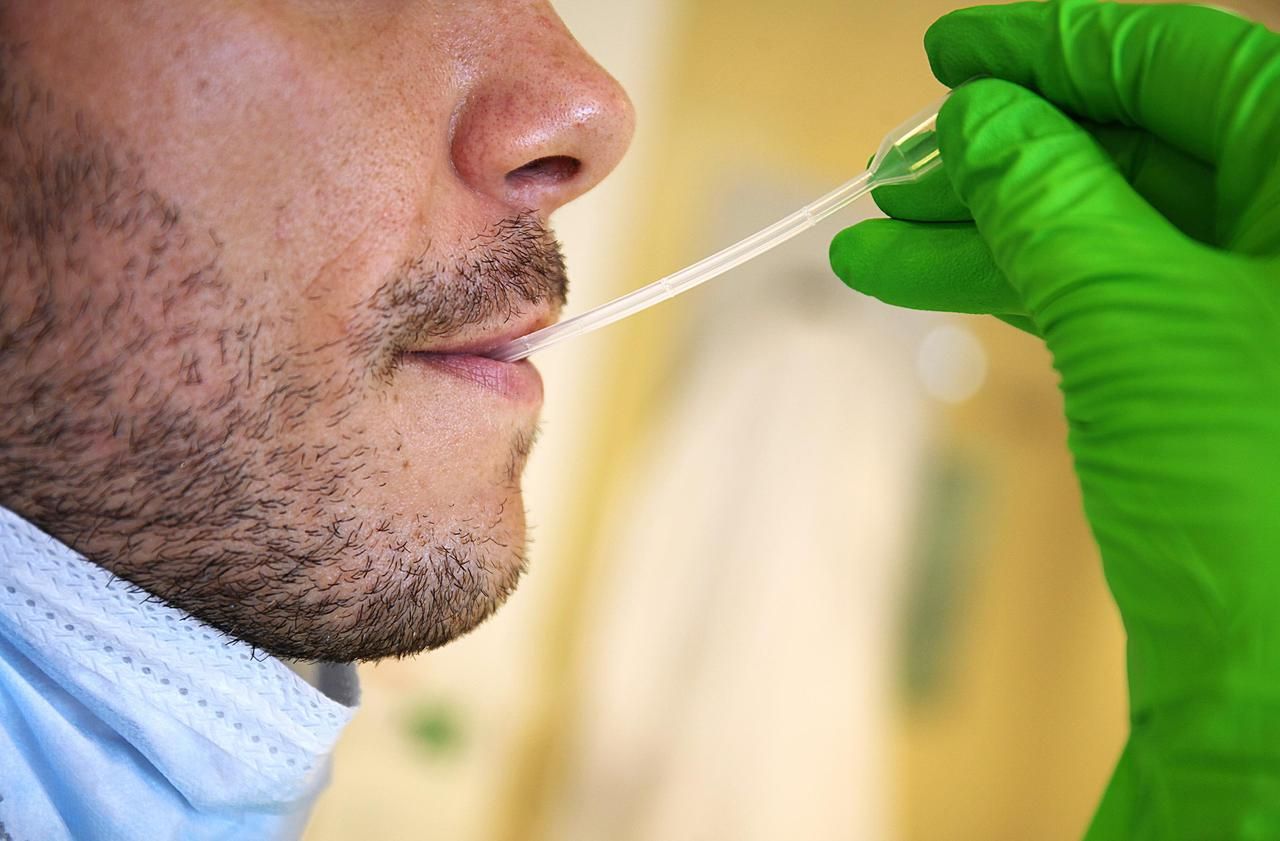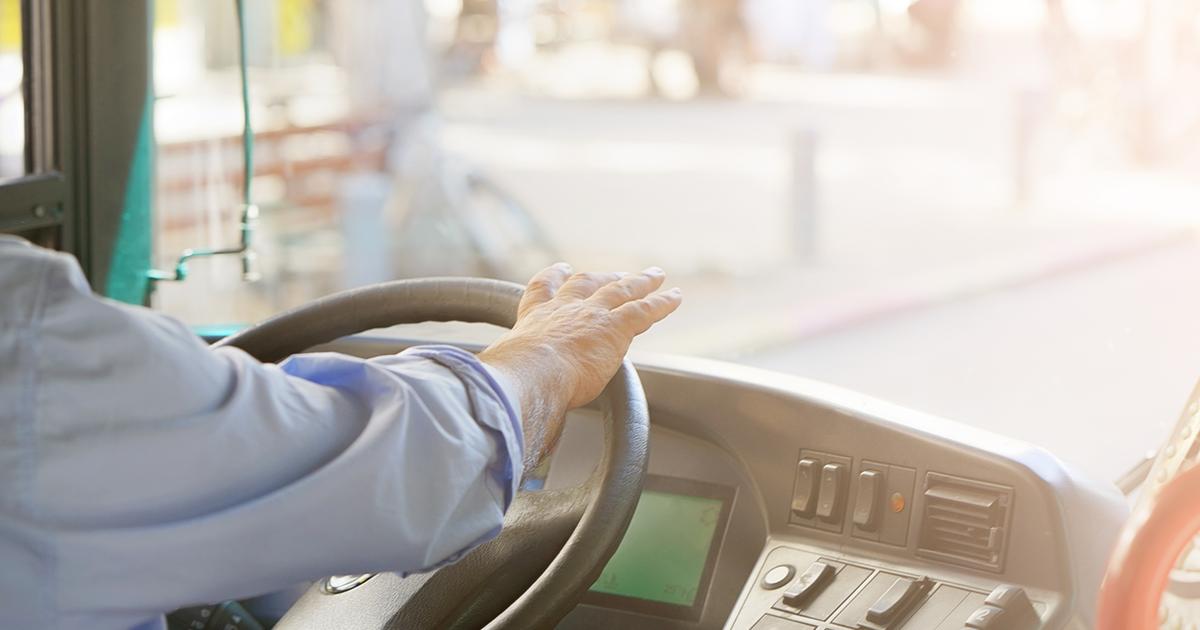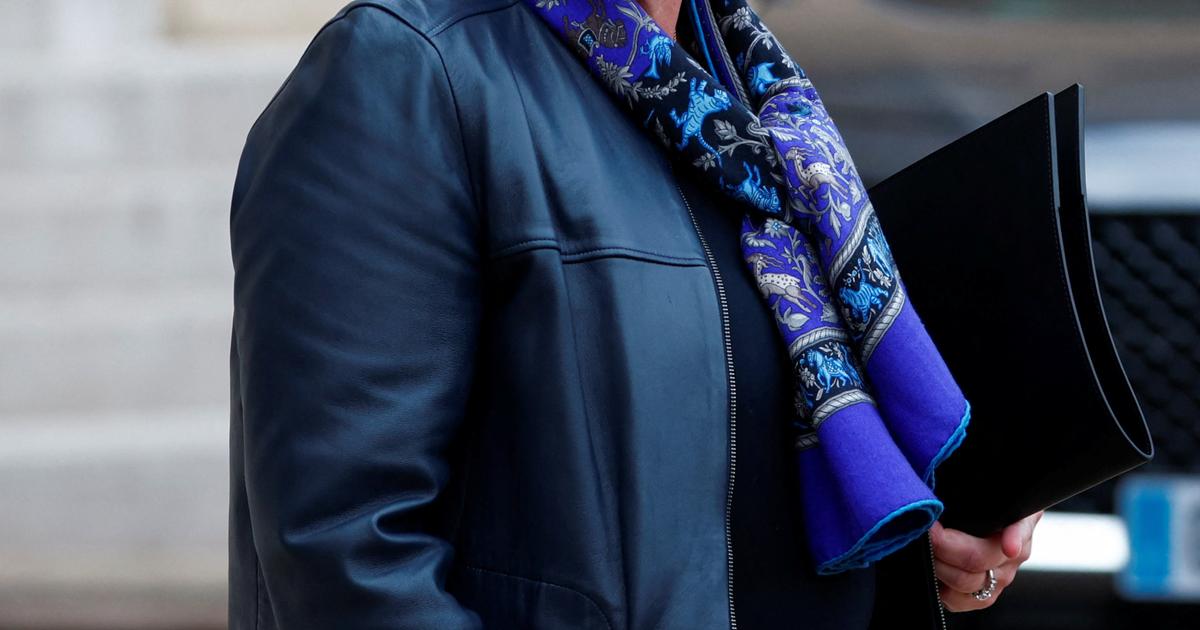Every other day, all the researchers take it: test for everyone!
When one is positive, the team goes into telecommuting, otherwise the work on site continues.
At the CNRS Sys2Diag laboratory in Montpellier (Hérault), no one has any doubts about the relevance of the screening invented here: rapid diagnosis by saliva.
Thanks to a pipette placed under the tongue, it is heated in a dedicated machine which delivers its verdict in less than an hour.
Yet neither the French EasyCov, that's his name, nor any other saliva test today has the favors of the health authorities to claim reimbursement.
And therefore be used on a large scale.
A situation that questions while Emmanuel Macron himself cited salivary as an element of unclogging laboratories.
In mid-September, the High Authority for Health (HAS) had given the green light for their use, but only for patients with symptoms and only if they do not support the cotton swab in the nose: some elderly people or vulnerable, young children.
READ ALSO>
Covid-19 screening: 7 questions about saliva tests
An agreement in principle, but no individual buffering on this or that test.
"We are watching all the publications, but today there is a lack of data to be able to register them for reimbursement", justifies the HAS.
“In my opinion, there is a reliability problem.
And for good reason, saliva is not the most loaded with virus, you have to cough or sneeze a lot to contaminate it.
This therefore limits the use of tests, ”said the head of the biology department at Henri-Mondor hospital in Créteil (Val-de-Marne).
In Montpellier, Franck Molina nevertheless defends tooth and nail, that of his team.
“All the elements sent to the authorities prove its performance.
The probability of identifying an affected person is nearly 90%, sometimes more than the nasopharyngeal, ”he said, based on a“ drive-test ”with 700 people and a study carried out with the Montpellier University Hospital.
"Something makes us waste time"
In Europe, nursing homes are already using EasyCov, like airports in Africa.
“People think I'm impatient, I just have a hard time understanding what is blocking when everyone found it interesting.
Is there a pre-square?
A difficulty in France to assess what is too new?
Something makes you waste time ”, wants to believe Franck Molina, the CNRS research director, who had also been appointed to Care, the other Committee (with the scientific council) which advised the government until July.
Without ruling specifically on this test or the others, the Ministry of Health assures us that if the saliva is not in the public domain, it is because it is developing.
“In this period, we want to cling to all hopes, all innovations.
But that does not justify skipping steps ", we are told, while the HAS assures it:" As soon as we have all the elements, we will be able to give a very quick opinion: 48 or 72 hours .
"
Newsletter - Most of the news
Every morning, the news seen by Le Parisien
I'm registering
Your email address is collected by Le Parisien to enable you to receive our news and commercial offers.
Learn more
In the meantime, a study called SaliCov has started in Paris Hospitals (AP-HP).
Its goal: to ensure the reliability of the saliva sample compared to the nasopharyngeal.
2,750 people will be included.
The first results will arrive at the end of the year.









